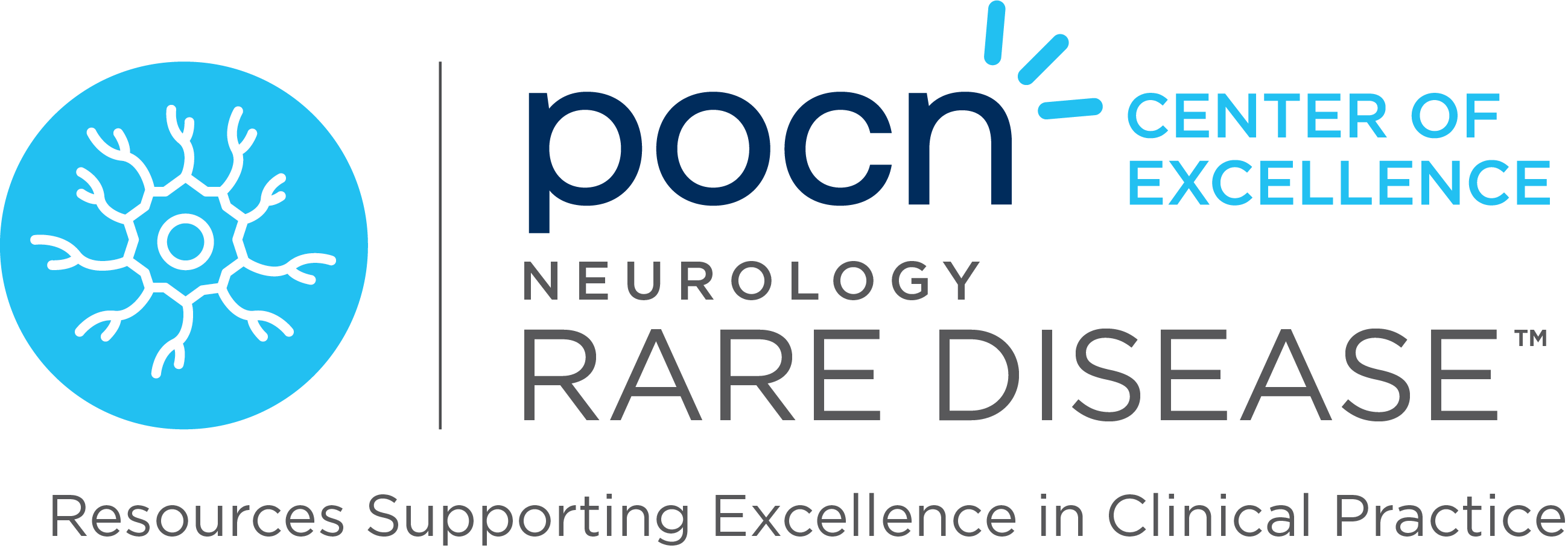Guillain-Barré syndrome (GBS) is an inflammatory polyneuropathy that causes progressive limb weakness, sensory deficits, and cranial nerve involvement. It is commonly linked to infections like Campylobacter jejuni, with molecular mimicry believed to trigger the autoimmune response. GBS affects approximately 100,000 people globally each year and can take various forms, such as acute inflammatory demyelinating polyneuropathy (AIDP), Miller Fisher syndrome, and acute motor axonal neuropathy. GBS patients often require intensive care for respiratory insufficiency and autonomic dysfunction, but many LMICs face challenges in providing these resources.
Preventing and managing GBS in LMICs is difficult due to the scarcity of ICU beds, diagnostic tools like electromyograms, and therapies such as intravenous immunoglobulin (IVIg) and plasma exchange. These challenges are compounded by the high costs of treatment and lack of national healthcare coverage in many low-income countries. Research into alternative, affordable treatments is crucial, as well as strengthening healthcare systems to better support patients with severe GBS. Improved infection control measures, especially against pathogens like C. jejuni, and enhanced public awareness are vital for reducing GBS incidence in LMICs.
Reference: Khan SA, Das PR, Nahar Z, et al An updated review on Guillain-Barré syndrome: Challenges in infection prevention and control in low- and middle-income countries. SAGE Open Med. 2024 Mar 25;12:20503121241239538. doi: 10.1177/20503121241239538. PMID: 38533198; PMCID: PMC10964449.


